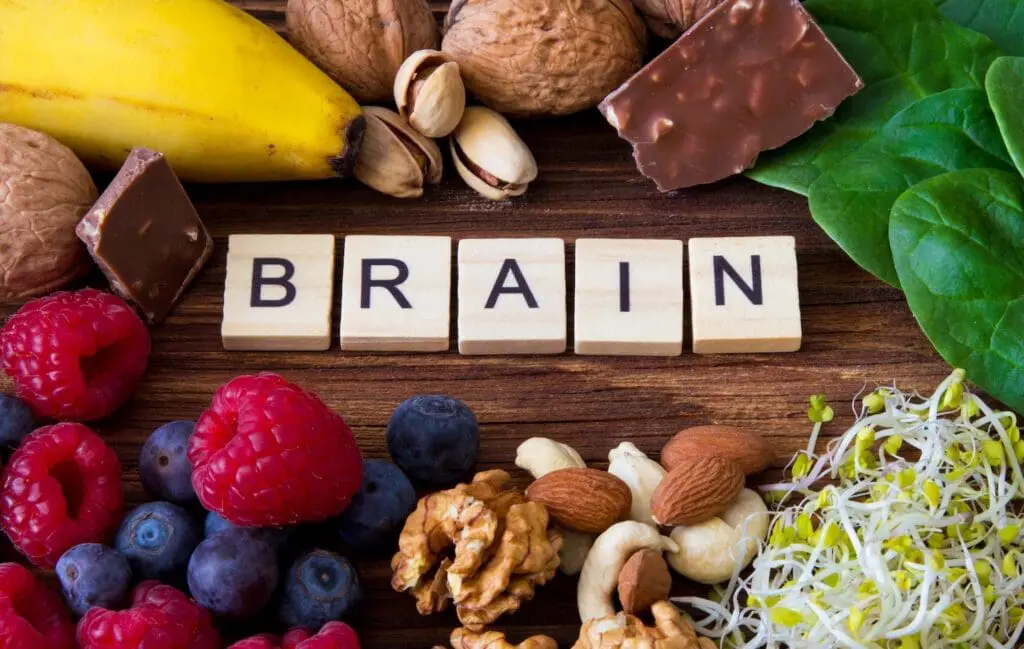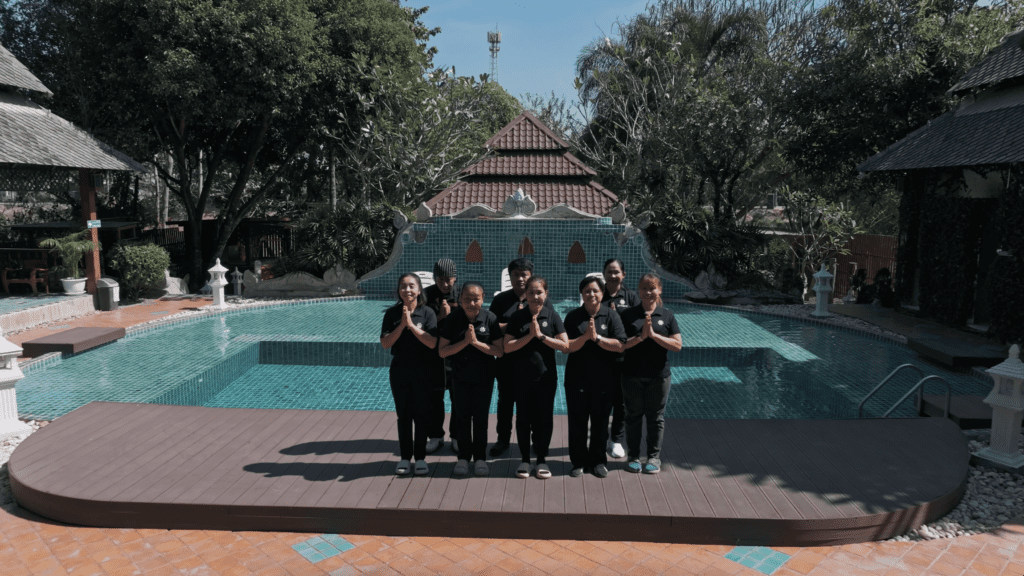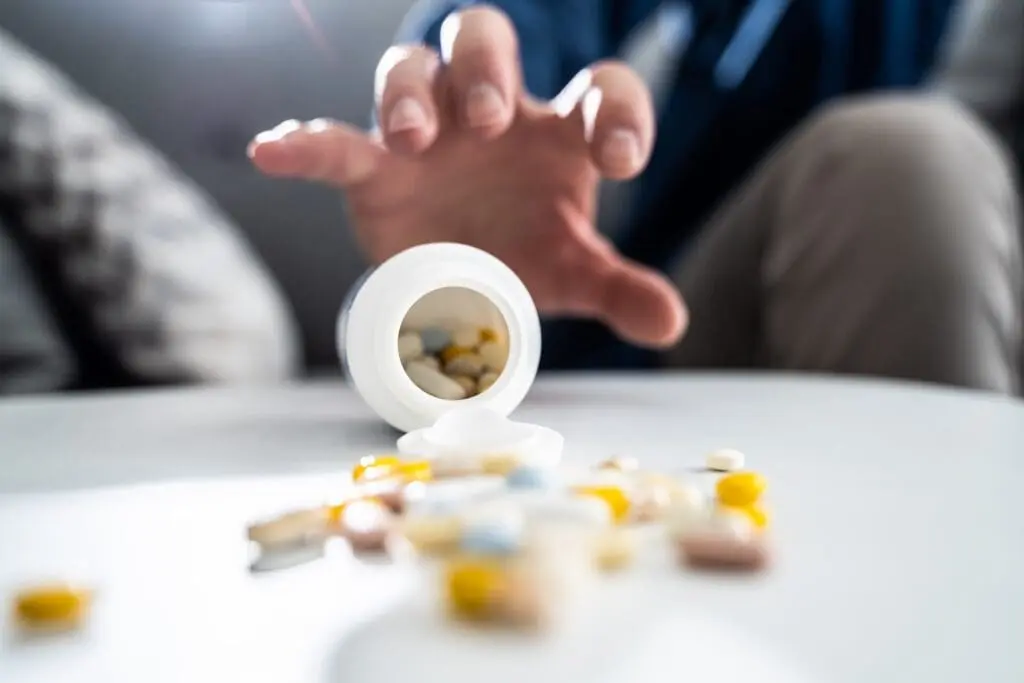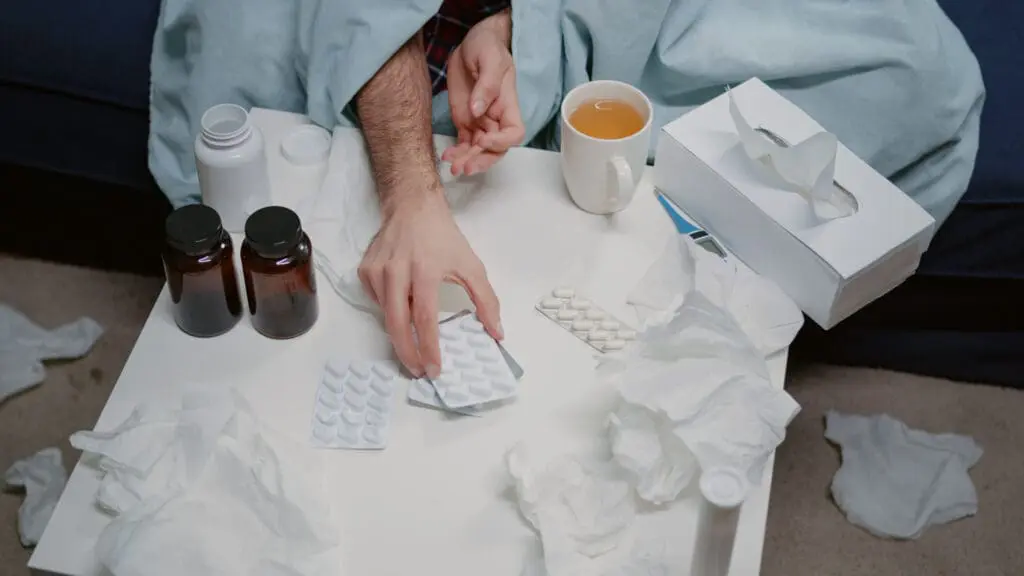Ibogaine, a natural psychoactive substance derived from the root bark of the African plant Tabernanthe iboga, has gained attention for its potential to treat addiction, especially to opioids. Proponents of ibogaine therapy believe it can provide transformative experiences and aid in overcoming substance dependence. However, it’s crucial to acknowledge and discuss the associated risks and challenges involved with this treatment.


1. Cardiovascular Risks:One of the most significant risks associated with ibogaine treatment is its potential to cause severe cardiac complications. Ibogaine can lead to irregular heart rhythms, prolongation of the QT interval, and in some cases, fatal arrhythmias. This is especially concerning for individuals with pre-existing heart conditions or a history of cardiovascular problems.
2. Respiratory Risks:Ibogaine can also affect the respiratory system, leading to difficulty in breathing or respiratory distress. This is a substantial concern, particularly for individuals with compromised respiratory function or those using other substances in conjunction with ibogaine.
3. Risk of Overdose:Ibogaine is a potent substance, and determining the appropriate dosage is challenging. There have been instances of overdoses leading to serious health consequences and, in some tragic cases, fatalities. The lack of standardized dosing protocols and varying purity of ibogaine further exacerbates this risk.
4. Psychological Risks:Ibogaine induces intense hallucinations and alters perception. These effects can be distressing and overwhelming for some individuals, potentially triggering anxiety, panic attacks, or exacerbating underlying mental health conditions. Proper psychological preparation and support are essential to mitigate these risks.
5. Medical Complications:Ibogaine treatment should only be administered under strict medical supervision. Inadequate medical oversight can result in complications during the detox process, putting the individual’s health and well-being in jeopardy. Medical professionals must be well-versed in managing potential complications that may arise during the treatment.
6. Legal and Regulatory Risks:Ibogaine is classified as a Schedule I controlled substance in several countries, meaning it is illegal to manufacture, possess, or distribute it for non-research or medical purposes. Engaging in ibogaine therapy can pose legal risks, potentially leading to criminal charges and legal consequences.
7. Lack of Research and Long-Term Safety Data:Despite its potential benefits, the scientific research on ibogaine is limited, especially regarding its long-term safety and efficacy. The lack of comprehensive clinical trials and robust data makes it challenging to assess the true risk-benefit profile of ibogaine.
8. Post-Treatment Challenges:Ibogaine is often considered a catalyst for change, but the real work begins after the treatment. Without proper post-treatment support, individuals may struggle to integrate their experiences and face challenges in maintaining their sobriety.
Conclusion
while ibogaine therapy offers promise in treating addiction, it is crucial to approach it with caution and a comprehensive understanding of the associated risks. Rigorous research, standardized dosing, medical supervision, psychological preparation, and post-treatment support are vital components of mitigating these risks and ensuring the safety and effectiveness of ibogaine treatment. Striking a balance between hope for recovery and acknowledging the potential dangers is essential for anyone considering this unconventional treatment approach.
Why Jintara may be the right Inpatient Rehab for you

Jintara Rehab is a specialized boutique rehab that accepts a maximum of only 10 private clients all over the age of 30-years old, every client having their own 70 square meter apartment with beautiful resort-like facilities and the highest staff ratio of any rehab in Thailand. Jintara is fully licensed by the the Thailand Ministry of Public Health and offers programs from 1-month to 3-months.
If you or someone you care about is considering treatment for substance abuse, we can help. Contact us on info@lannarehab.com or phone/WhatsApp us on +66-094-095-4142.

Author: Darren G Lockie
Founder and CEO of Lanna Healthcare.






